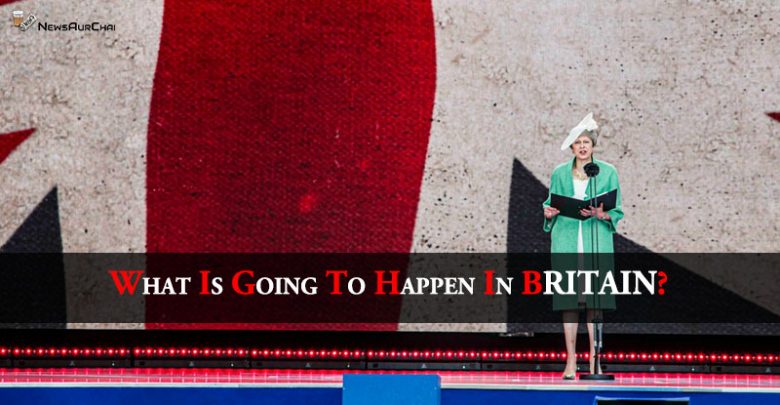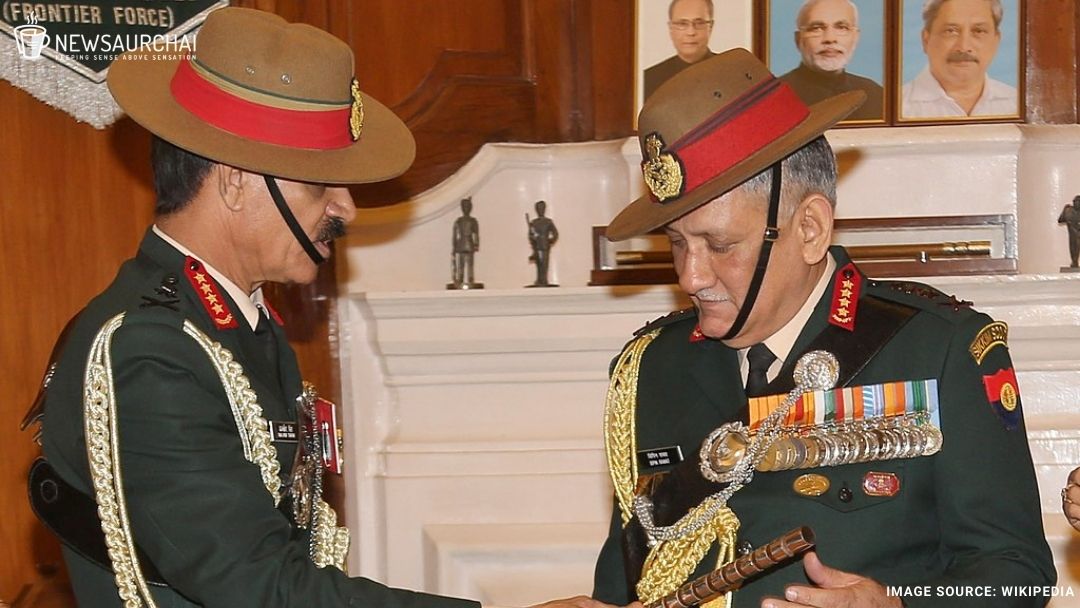What Is Going To Happen In BRITAIN?

The ruling Conservative Party has commenced the means of electing a new prime minister for Britain following Theresa May’s declaration that she will abdicate her office on June 7, following her profoundly classified government’s policies to end Britain’s longer than 40 years of partnership with the European Union on record.
But the BBC proclaimed on Tuesday, indicating multiple sources, that a leadership trial had been triggered, although there was no official confirmation of this. She will require to guide her country out of the world’s biggest trading block after agitated and sometimes rancorous interchanges between her party colleagues and EU leaders.
Here are the first stumbling blocks she obliges to subdue:
1- BREXIT
The Brexit meetings are set to start around June 19, with Britain set to depart the bloc by the end of March 2019. Both employees and the Conservatives have stated freedom of movement will end when Britain leaves the EU. If no party wins an overall majority as indicated in Thursday’s June 8 exit poll, there will be little time to form a new government and get a negotiating stance up and running. Parliament meets on June 13 to swear in MPs. The state opening of Parliament by Queen Elizabeth II is set for June 19, when she will render out her new government’s Programme. Prime Minister Theresa May called the election in succession to encourage her majority in Parliament to go into the Brexit discussions with a more secure hand.
2. TERRORISM AND SECURITY
The violent terror attacks in Manchester, where 22 people were murdered in a suicide bombing, and London, when eight were killed in a van and knife rampage, moderated the debate. London was the third Islamist terror attack in three months, also accompanying an attack on Westminster Bridge. There were additional questions when it appeared some of the attackers were identified to security services and seemingly deserted the surveillance net.
3. ECONOMY
Britain ran a budget deficit of 2.6 per cent of gross domestic product in March 2017, down from 9.9 per cent in 2010 after the financial accident. Its total public debt was £1.7 trillion (S$3 trillion) in April or 86.0 per cent of gross domestic product. Growth stands at 1.8 per cent and inflation at 2.6 per cent. Labor pawned to end stiffness, hike corporation tax, raise taxes for the top 5 per cent of earners, and eliminate the deficit within five years.
The pound jumped on the exit poll predicting a hung Parliament.
4. SCOTLAND
Scotland’s governing Nationalists are stirring for a second independence referendum once the terms of the final Brexit deal start to become evident in late 2018 or early 2019. Mrs. May opposed off their push saying now was not the time, so soon after the 2014 referendum, when 55 per cent reversed keeping Scotland in the United Kingdom.
5. NORTHERN IRELAND
One of the most sensitive parts of the Brexit negotiations will be the place of Northern Ireland within the UK, and relations with the Republic of Ireland, which will be the kingdom’s only land border with the EU.
There is currently no sign that a majority in Northern Ireland, where pro-British Protestants continue the largest group, want to absorb into the republic.
But Irish nationalists Sinn Fein have called for a referendum on reunification within the next five years.





